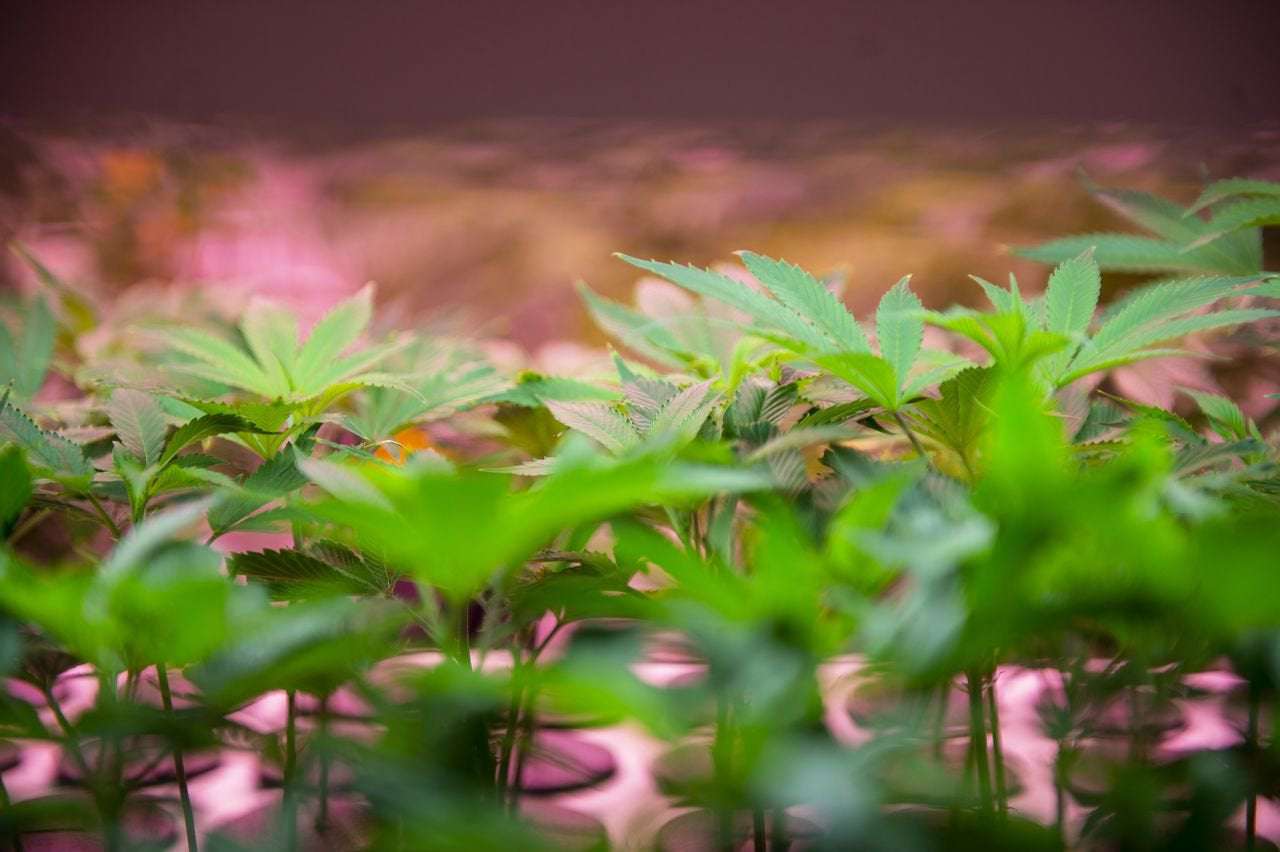EDITOR’S NOTE: NJ Cannabis Insider produces exclusive weekly content and monthly events geared toward those interested in the marijuana and hemp industries. To subscribe, visit njcannabisinsider.biz.
A postponed vote on landmark legislation ending the federal ban on cannabis will take place within a week, House Majority Leader Steny Hoyer announced Friday.
Hoyer, D-Md., specifically listed the Marijuana Opportunity Reinvestment and Expungement Act, or MORE Act, as one of the items of business when the House returns from the Thanksgiving holiday. Lawmakers are scheduled to debate and vote on the legislation either Thursday or next Friday.
The floor vote follows referenda in New Jersey and four other states where residents voted to legalize cannabis for recreational use. A record 68% of U.S. adults in a November Gallup poll said marijuana should be legal.
“National support for federal cannabis legalization is at an all-time high and almost 99% of Americans will soon live in states with some form of legal cannabis,” said Rep. Earl Blumenauer, D-Ore., founder and co-chair of the Congressional Cannabis Caucus.
“Congress must capitalize on this momentum and do our part to end the failed policy of prohibition that has resulted in a long and shameful period of selective enforcement against communities of color.”
This would be the first-ever congressional vote to remove the ban on cannabis. But the chances of it becoming law are slim as there is no indication the Senate will vote on the bill before adjourning this month.
Marijuana is currently scheduled as a Class 1 controlled substance. Ending the classification, known as descheduling, would allow states to legalize it, give banks the ability to offer credit cards and checking accounts to legal cannabis businesses, and make it easier to study any medicinal benefits of pot.
The bill also would require federal courts to expunge prior marijuana convictions, tax weed to help communities hardest hit by the war on drugs, fund job training, and provide loans to minority-owned small businesses seeking to enter the cannabis industry.
“By advancing the MORE Act, the House of Representatives sends an unmistakable signal that America is ready to close the book marijuana prohibition and end the senseless oppression and fear that this failed policy wreaks on otherwise law-abiding citizens,” said Justin Strekal, political director of NORML, the National Organization for the Reform of Marijuana Laws
“Americans are ready to responsibly legalize and regulate marijuana, and this vote shows some lawmakers are finally listening.”
A vote on the bill had been scheduled to take place before the election, but House Democratic leaders delayed it to avoid the optics of appearing to put a vote on cannabis ahead of passing a new coronavirus stimulus package.
House Democrats lost several seats on Nov. 3, though retained their majority.
Our journalism needs your support. Please subscribe today to NJ.com.
Jonathan D. Salant may be reached at [email protected].

Listening_Heads on November 28th, 2020 at 21:56 UTC »
This year my cousin moved from WV to NV solely for recreational cannabis. The absolute one and only thing that has changed in any way at all is that last year he was a criminal and this year he is just a regular member of society. It wasn't behavior that changed, just the state of WV salivating at the thought of locking his easy-going ass up for 15 years versus NV happily collecting taxes from his purchases.
MydniteSon on November 28th, 2020 at 21:20 UTC »
And if it passes the House, it will IMMEDIATELY...find it's way to Mitch McConnell's desk where it will sit, and whither and die like the 400+ other pieces of legislation that McConnell refuses to advance. Now, put a Federalist Society judge nomination on his desk? That'll get passed quicker than shit through a goose!
timetellsdude on November 28th, 2020 at 21:12 UTC »
I haven't really looked to see if any studies have been done on the effects, but anecdotally living in a legal state ... things are not going to hell, it has not become a Mad Max-style lawless society, and it's nice to be able to go into a store like anything else and it says when it was picked, where, and how it was tested.
The biggest crimes you heard about here was robberies, and that was because of the banking thing ... you had to have all cash on hand until some banks took a chance